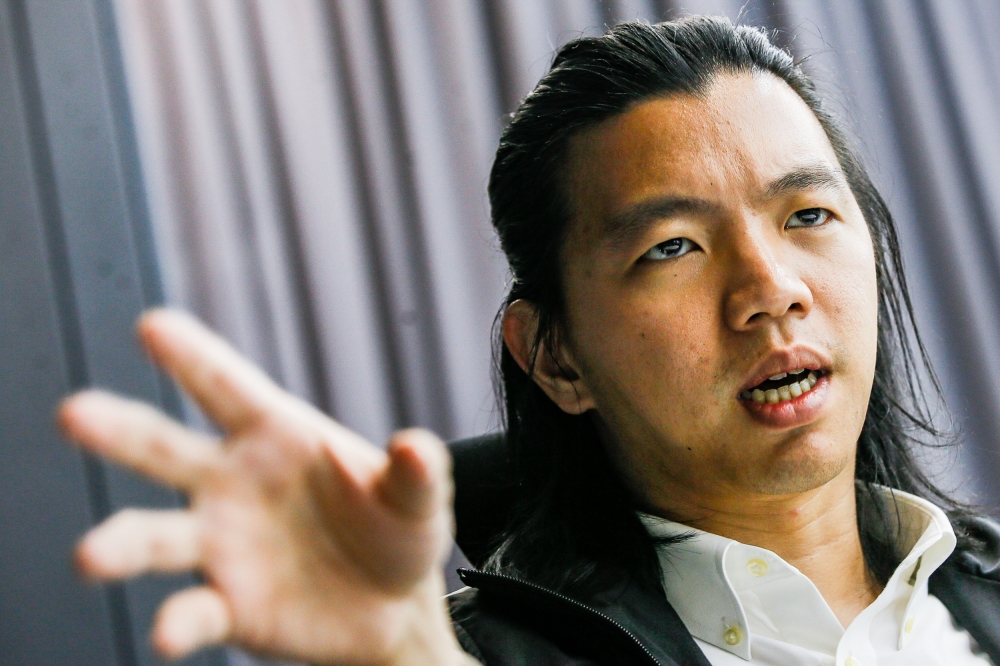KUALA LUMPUR, Nov 5 — The use of capital punishment for drug offenses in South-east Asia is inadvertently strengthening organised crime by eliminating potential witnesses and leaving major traffickers untouched, according to Hayat, a civil society organisation.
Dobby Chew, Hayat’s chief executive, said drug syndicates have benefited indirectly from the death penalty because it systematically helps eliminate couriers, individuals with potentially crucial information that could lead law enforcement to the upper echelons of the supply chain.
Couriers occupy the lowest, most disposable rung of illicit narcotics trade. This vulnerability allows organised crime groups to exploit them without the risk of exposure: if the drugs are successfully smuggled, the syndicate profits; if the courier is caught, only the individual is hanged, effectively silencing a potential witness.
“Fundamentally, if you look at the drug couriers executed in Singapore, it points to links with syndicates,” Chew said during his presentation at the Drug Policy Summit here, the first to be held in Malaysia.
“For you to be able to show that person A is related to drug trafficking from Johor to Singapore, for example, you need the witnesses — the drug couriers to be alive to say ‘yes, they were the ones that recruited me’”, he added.
Convenient targets
This dynamic is pervasive across South-east Asia, where studies on drug-related offences showed the overwhelming majority of those executed or awaiting death sentences for drug crimes are low-level couriers.
Major traffickers, who command the illicit trade, are rarely apprehended, let alone brought to justice under capital punishment laws.
“Even if you get one guy from the syndicate, do you execute him? You can’t, because you need them to point to where they got their supply from and you see the hierarchy goes up — this is the work of an organisation and we’re not tackling an individual,” Chew said.
In Malaysia’s courts, Hayat said the “innocent carrier” defence — where a defendant claims to have unknowingly transported illicit drugs — is losing its effectiveness.
Some judges view a suspect’s failure to inspect their luggage or question a parcel’s contents as equivalent to knowing what’s inside, and this broad interpretation of “wilful blindness” essentially treats choosing not to know, or believing it was unimportant to know, the same as actually knowing, according to the group.
“Even a defendant’s demeanour is used against them: a panicked reaction at arrest is seen as evidence of guilt, while a calm front is regarded as a sign of a seasoned courier,” it said.

Dobby Chew, Hayat’s chief executive, said drug syndicates have benefited indirectly from the death penalty because it systematically helps eliminate couriers, individuals with potentially crucial information that could lead law enforcement to the upper echelons of the supply chain. — Picture by Hari Anggara
When drug and human trafficking intersect
The growing intersection between human trafficking and drug smuggling also exposes the weakness of the wilful blindness argument, Hayat said.
It cited mounting evidence indicating that victims of human trafficking are increasingly coerced into acting as drug couriers — victims of trafficking often carry out the smuggling for fear of reprisals.
Chew suggested a primary driving factor for law enforcement’s focus on couriers is image-polishing — the number of high arrest and conviction rates that leads to execution gives the impression they are winning in the war against drugs.
Couriers make easier targets than those in the upper command of criminal organisations that have become more sophisticated, allowing enforcement agencies to look effective without tackling the root of the problem. Another key factor is corruption within law enforcement.
The CSO called for greater public scrutiny regarding the lack of transparency surrounding the syndicates themselves.
Chew said the public should ask why despite high-profile huge drug busts frequently announced by authorities, law enforcement rarely pins the operation on a named, particular syndicate, or provide substantive information about the criminal network responsible.






